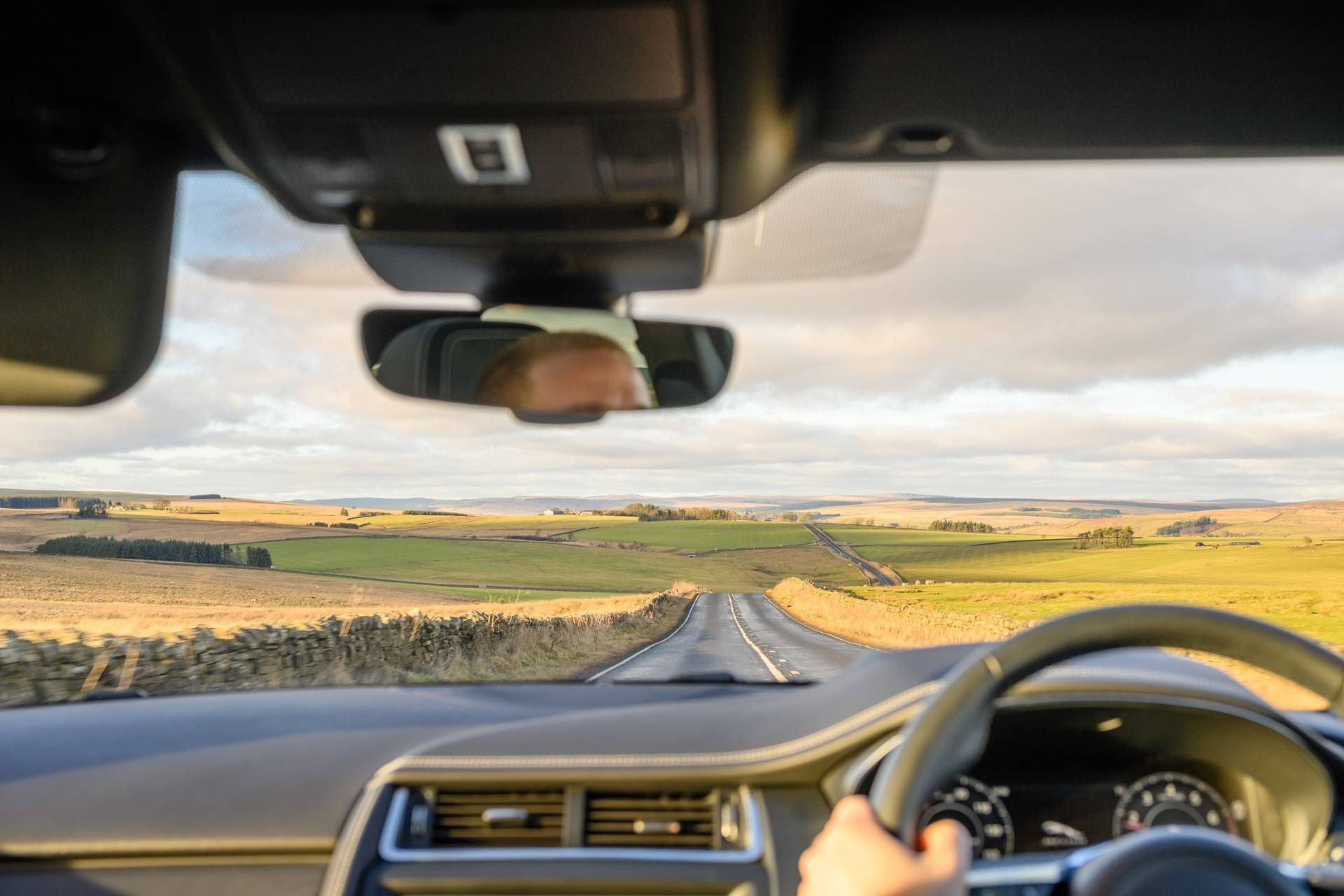
Driving in France: Essential Tips and Regulations for English-Speaking Expats
Exploring France by car is a popular and convenient way to immerse oneself in the country’s diverse landscapes, vibrant cities, and picturesque villages. For English-speaking expats, adapting to driving in France can be both an exciting and challenging experience. Progressing from left-hand to right-hand driving, understanding French road signs, and adhering to local regulations are crucial aspects that new residents must embrace to ensure a safe and enjoyable driving experience.
French Connections HCB, as your one-stop administration partner, is here to help you navigate the complexities of driving in France and ensure a smooth transition into your newfound life on the continent. From obtaining a French driving licence to registering your vehicle and understanding insurance requirements, the expert team at French Connections HCB can guide you every step of the way to tackle any obstacles and ensure your time behind the wheel in France is a enjoyable and stress-free experience.
In this comprehensive guide, we will delve into the essential aspects of driving in France, covering topics such as obtaining a French driving licence, road safety regulations, and traffic etiquette. With the expert assistance and guidance of French Connections HCB, you can confidently take to the French roads and explore your new home like a local.
1. Obtaining a French Driving Licence: Exchange, Recognition, and Application
Before driving in France, it’s essential to ensure your driving licence is valid and recognised by French authorities:
– Licence exchange: European Union (EU), European Economic Area (EEA), and Swiss licence holders can exchange their licences for a French one if they wish, although it’s not mandatory. A licence exchange is necessary if the foreign licence has been lost or stolen, or if the holder commits a driving offence resulting in penalty points.
– Licence recognition: For non-EU, non-EEA, and non-Swiss licence holders, driving is permitted for up to one year after becoming a French resident. After this period, they must obtain a French driving licence. Some countries have reciprocal agreements with France, allowing their licence holders to exchange theirs for a French one, while other nationalities may need to take a French driving test.
– Application process: Licence exchanges and new applications must be submitted to the French authorities through their online platform ANTS (Agence Nationale des Titres Sécurisés). French Connections HCB can assist in navigating this process and ensuring the necessary documents are correctly submitted.
2. Road Safety Regulations: Speed Limits, Alcohol, and Seatbelts
Maintaining safety is paramount when driving in France. Be aware of the country’s road rules and regulations:
– Speed limits: Speed limits on French roads depend on factors such as the type of road and weather conditions. The standard limits are 130 km/h on motorways, 110 km/h on dual carriageways, 90 km/h on other main roads, and 50 km/h in urban areas. Be mindful of variable speed limits and adhere to them strictly.
– Alcohol: France has stringent drink-driving regulations, with a legal blood alcohol limit of 0.5 grams per litre (g/l) for experienced drivers and 0.2 g/l for novice drivers (less than three years of driving experience). Penalties for drink-driving can be severe, including fines, licence suspension, and jail sentences.
– Seatbelts: Wearing seatbelts is mandatory for drivers and all passengers, including those in the back seats. Children under the age of 10 must use appropriate child restraint systems.
3. Understanding French Road Signs and Traffic Etiquette
Adapting to French road signs and traffic etiquette is essential for a secure and enjoyable driving experience:
– Road signs: Familiarise yourself with the particular symbols and colours of French road signs, which convey essential information on directions, speed limits, and safety warnings. Be mindful of wordless signs, such as red circles denoting prohibited activities, and blue rectangles displaying parking regulations.
– Traffic etiquette: The priority-to-the-right rule (priorité à droite) is a fundamental concept in France, where drivers must yield to vehicles coming from the right unless a specific sign or road markings indicate otherwise. Also, flashing headlights are used as a signal to give way and not as an invitation to proceed. Be respectful of other drivers and maintain a safe distance between vehicles.
4. Registering Your Vehicle and Insurance Requirements
Owning and operating a vehicle in France requires registration and insurance:
– Vehicle registration: Upon relocation to France, your vehicle must be registered with the French authorities. The process involves obtaining a Certificat d’Immatriculation (registration certificate) through the ANTS platform, which requires submitting supporting documents and paying relevant fees. French Connections HCB can facilitate this process and ensure compliance with registration requirements.
– Insurance: Car insurance is compulsory in France, with a minimum requirement of third-party liability cover (assurance responsabilité civile) to protect against damage or injury caused to others. You may opt for more comprehensive coverage to protect your vehicle and passengers. Shop around for the best insurance policy by comparing quotes from various providers, and ensure your coverage complies with French regulations.
Embrace the Open Road with Confidence and French Connections HCB’s Support
Taking to the French roads as an English-speaking expat can be a thrilling and rewarding experience. Armed with accurate information about obtaining a French driving licence, understanding road safety regulations, and adhering to traffic etiquette, you can explore France with confidence and ease.
French Connections HCB is at your side to provide invaluable expertise and guidance as you drive into this exciting new chapter in your life. From assisting with driving licence applications in France to helping navigate vehicle registrations and insurance, trust French Connections HCB as your comprehensive administration partner.